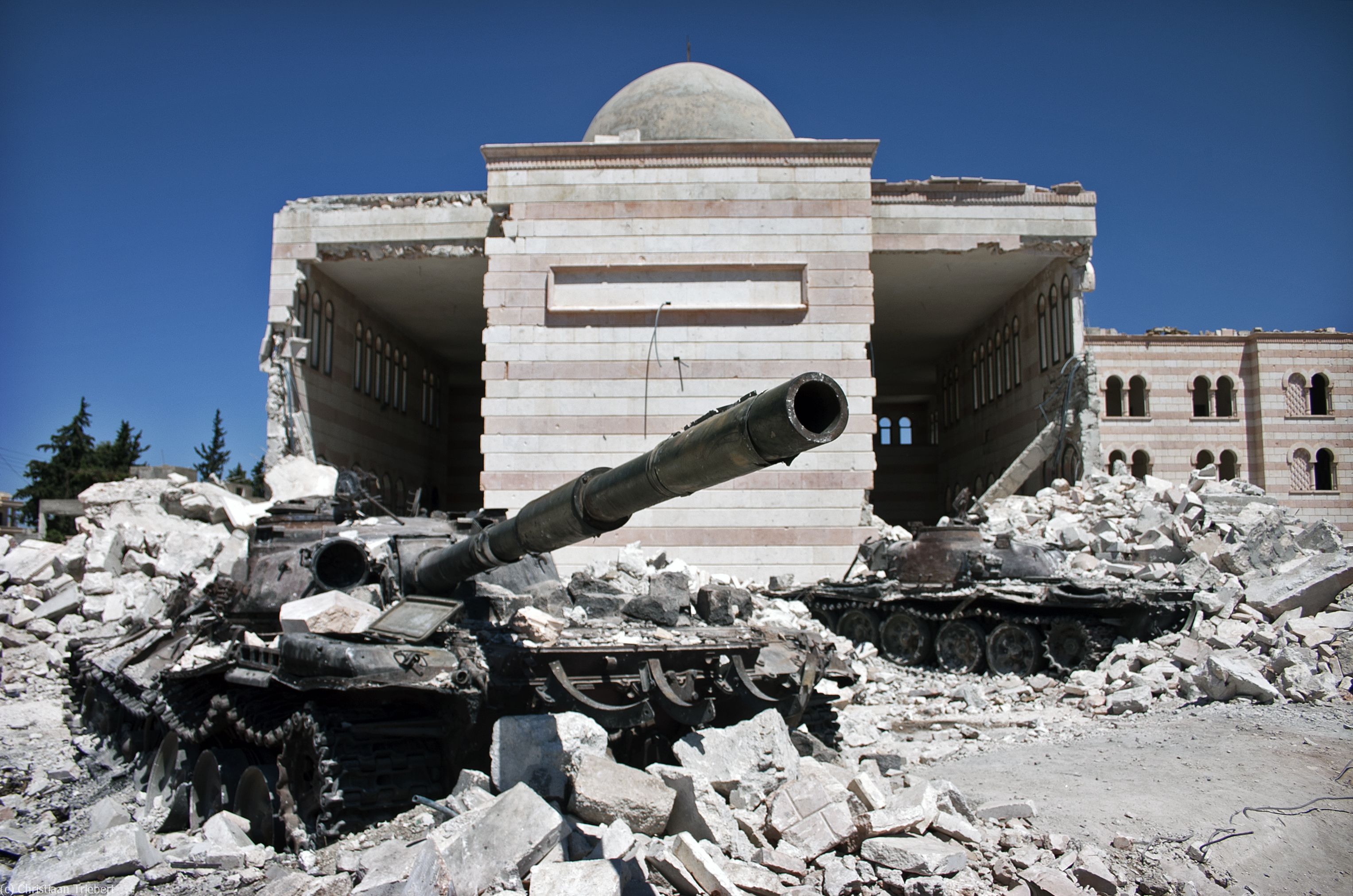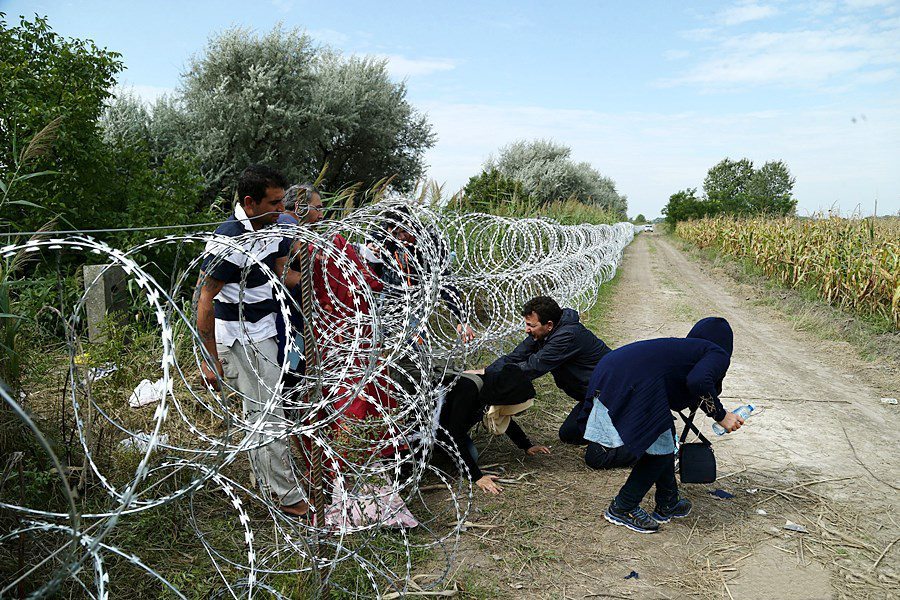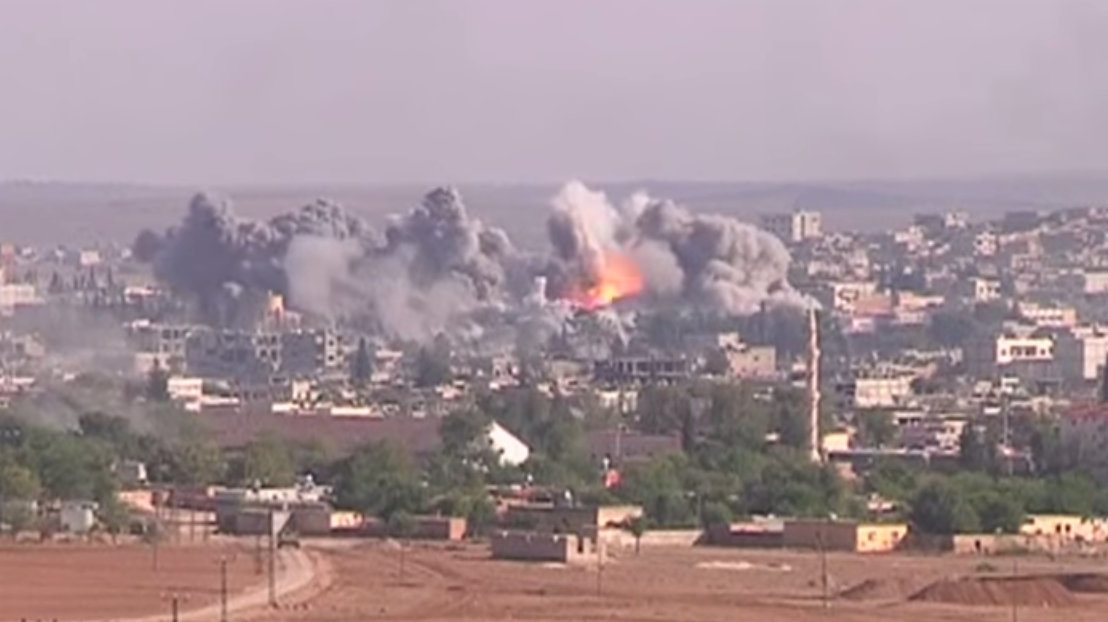Youth Voices: World Affairs Update
As humanity washes ashore, we must protect our own, says guest blogger Innocent Tochukwu Okoro in his world affairs update.
As the Arab Spring flowed into Syria in March 2011 and sought to bring an end to the al-Assad dynasty which has been in place since 1970 (Hafez was succeeded by his son Bashar in 2000 when Hafez died), Bashar al-Assad, in a bid to silence dissent, brought out tanks from their barracks.
In that chaos, internal divisions were fueled by external alliances and Syria became a theatre of war. Now in its fifth year, that war is far from over. With hundreds of thousands dead and millions displaced, the human toll has been astonishing and the effects of the war have been biblical.
As Bashar al-Assad lost the legitimacy to preside over the totality of the Syrian territory, the vacuums created have been filled by terrorist organizations even as the anti-government forces remain in disarray. With Russian jets dropping bombs from Syrian air space while the country is reduced to a heap of ruins, the war has been transformed into a conflict of powerful interests, a proxy war, with the Syrian boots on ground serving as perishable pawns and the thousands of dead civilians making up the ‘collateral damage’.
In this dark period of Syrian history, we have seen the use of weapons proscribed by international laws, and like in all wars, the defenseless Syrian civilians have been the real victims.
Recently, the world has come to the realization of a new consequence of the war in Syria. Millions of displaced refuges embarking on desperate journeys and suffering the scourges of both yin and yang in a bid to march towards sanity.
As the very charismatic Angela Merkel and other well-meaning Europeans grapple with the challenge, the oil rich Gulf Countries and others in the MENA region (Middle East and North Africa), except a few like Turkey, have greeted the Syrian refugee crisis with an adamant aloofness while supplying money to those involved in the Syrian fight, thereby fanning the embers of a war which has gone on for so long.
The horrific images of Syrian refuges being washed ashore as they struggled to flee the conflict in their country has sparked a social media outrage. But as we all know, apart from lip service and the manufacture of scapegoats, social media campaigns achieve only a little, for if they were effective, the Chibok girls would have been freed and in the warm embrace of their loved ones.
These images have led the world to conclude that humanity has equally washed ashore with those refugees, as not enough is being done to end the war in Syria and provide support for her beleaguered people.
The failure of the Geneva Conventions further underscores the fact that the main actors in the Syrian conflict (America, Russia, Iran, Saudi Arabia, etc.) have been hypocritical in their efforts to bring about a solution. After the recent Vienna meeting, these actors agreed that a diplomatic solution is needed to end the war in Syria but are yet to agree on the future of Bashar al-Assad.
It has taken these officials five years to agree that a ‘diplomatic solution’ is needed to end the war in Syria, and so it may take them many more years to agree on the future of Assad while the obliteration of a country continues. Worthy of note is the fact that there is no Syrian representation at the Vienna meeting.
While foreign ministers discussed the future of Syria at the Imperial Hotel in Vienna, many Syrians were either dead, in refugee camps, or suffering hypothermia at European borders where they are being fenced off from overwhelmed countries.
Again, some commentators may be quick to throw tantrums at the major powers for allowing situations like the one in Syria to fester. But we must remember that the president of the United States and the Congressmen on Capitol Hill are voted in by Americans only, in the same manner, the statesmen behind the golden doors of the Kremlin buildings are not voted in by non-Russians.
Hence, their allegiance is well defined and provided their citizens are satisfied, what happens abroad is arguably inconsequential. In fact, in most of the cases, it is in a bid to deliver the dividends of democracy to the electorate that wars like the one in Syria are synthesized. Therefore, blame resides with any country that allows itself to suffer such peril.
However, those who believe that what happens in Syria stays in Syria may be very wrong. While the instability in Iraq and the War in Syria continues, so does the strength of ISIS.
Recent events buttress this point. ISIS has claimed responsibility for shooting down a Russian airplane over the Sinai Peninsula on the 31st of October, killing all 224 crew and passengers on board. On Thursday November 12, ISIS carried out suicide attacks in Beirut, Lebanon, killing 43 people. And on Friday 13th November, ISIS carried out coordinated shootings and bombings on Paris, killing 129 people and wounding over 350 others in the worst attack on France since the Second World War.
These events have sent waves of panic across the world, as no place seems impregnable from these terrorists who are bent on wreaking havoc and savagery. Even as the second round of the Vienna talks have come to an end, and the G20 countries meet in Antalya, Turkey, world leaders must treat crises like the one in Syria with more sincerity and commitment, as a local conflict could easily become a global challenge.
Back to Africa, the situation is no better. Boko Haram have killed tens of thousands of people while millions more remain internally displaced as they (Boko Haramites) seek to carve out an Islamic caliphate from Nigeria.
In the Central African Republic, Christians and Muslims have drawn their swords seeking mutual annihilation. Libya has been transformed into a failed state following the ousting of Gaddafi as two rival governments jostle for control of the oil rich state. In Somalia, terrorists make life miserable as bombings are frequent.
The list can go on and on, but the war in South Sudan, the world’s youngest country, is worthy of note. The understanding of most people, especially citizens of South Sudan, is that the South Sudanese are fighting an ethnic war between the Neur and the Dinka.
Actually, the war is a result of the disagreement between Salva Kiir and Riek Macher. Unfortunately, any effort towards national advancement has been halted by this war, as the traumatized citizens are threatened by both famine, rape, and death.
In fact, what happens in South Sudan can only be imagined. The three hundred and fifteen page report released by the Olusegun Obasanjo-chaired African Union Commission of Enquiry on South Sudan chronicles the savagery being carried out in South Sudan (due to the graphic nature of the report, we did not include excerpts in this blog. You can see the report here).
One point should be clear to all, the security and welfare of citizens is not the business of the ‘International Community’. The 1999 Constitution of the Federal Republic of Nigeria states in section 14.2(b) that “the security and welfare of the people shall be the primary purpose of Government”.
In Nigeria, we have always blamed our national calamity on poor leadership, and while that is always true, people always get what leadership they deserve. Since the build up to the 2015 general elections, Nigerians have been more politically aware and vocal than they have always been, but a lot remains to be done.
We must jettison the inexcusable indifference that has characterized our relationship with our leaders and nudge awake from our irrational inertia, this is a call for every Nigerian to become a ‘politician’ of some sort, always holding the leaders we elected accountable and making sure we are being steered in the right direction.
When that happens, our lives would become more meaningful, and if a Nigerian dies from avoidable circumstances, eyebrows would be raised because, after all is said and done, we are all we got.
Article submitted by Innocent Tochukwu Okoro. Innocent studied Electronic Engineering at the University of Nigeria, Nsukka, and he lives in Enugu. He is passionate about an inclusive structural development on the African continent that moves towards action and engagement of the silent majority. Follow Innocent on Twitter @ojipen.
Do you want to blog for us? Email editor@peacechild.org for more information today.
The views, opinions and positions expressed by the authors and those providing comments on these blogs are theirs alone, and do not necessarily reflect the opinions or positions of Peace Child International.





